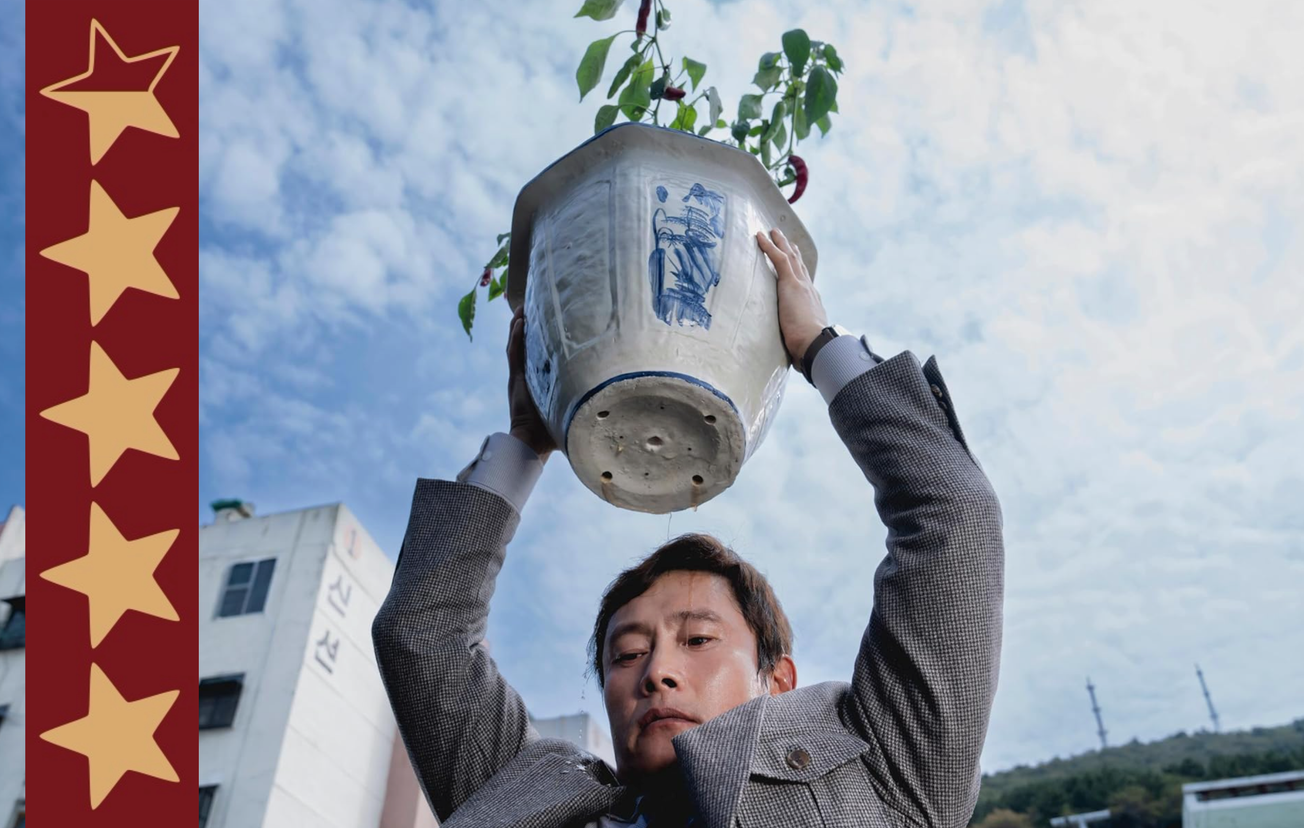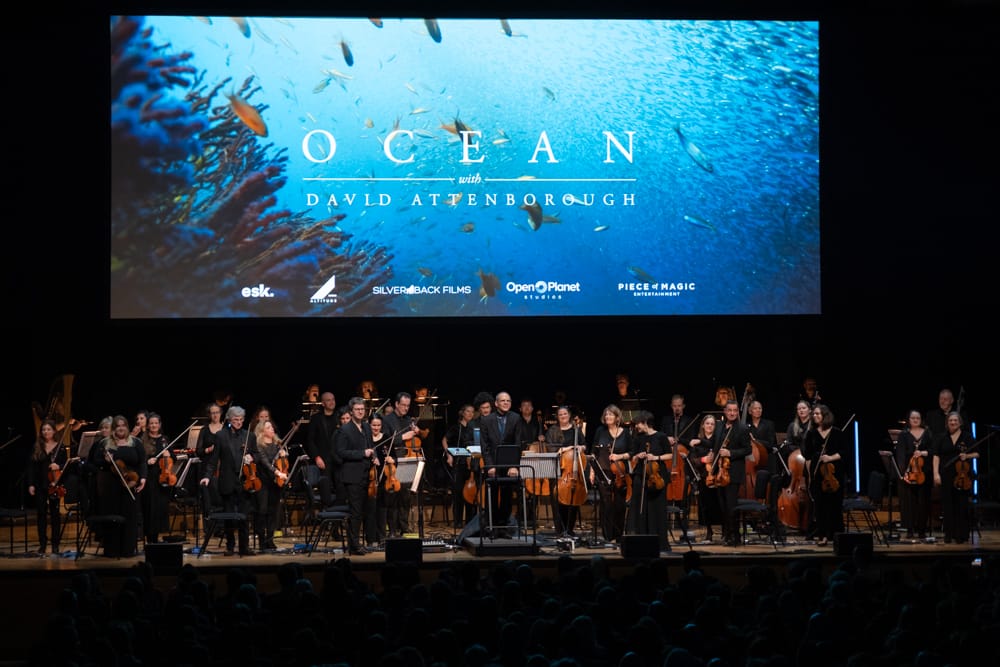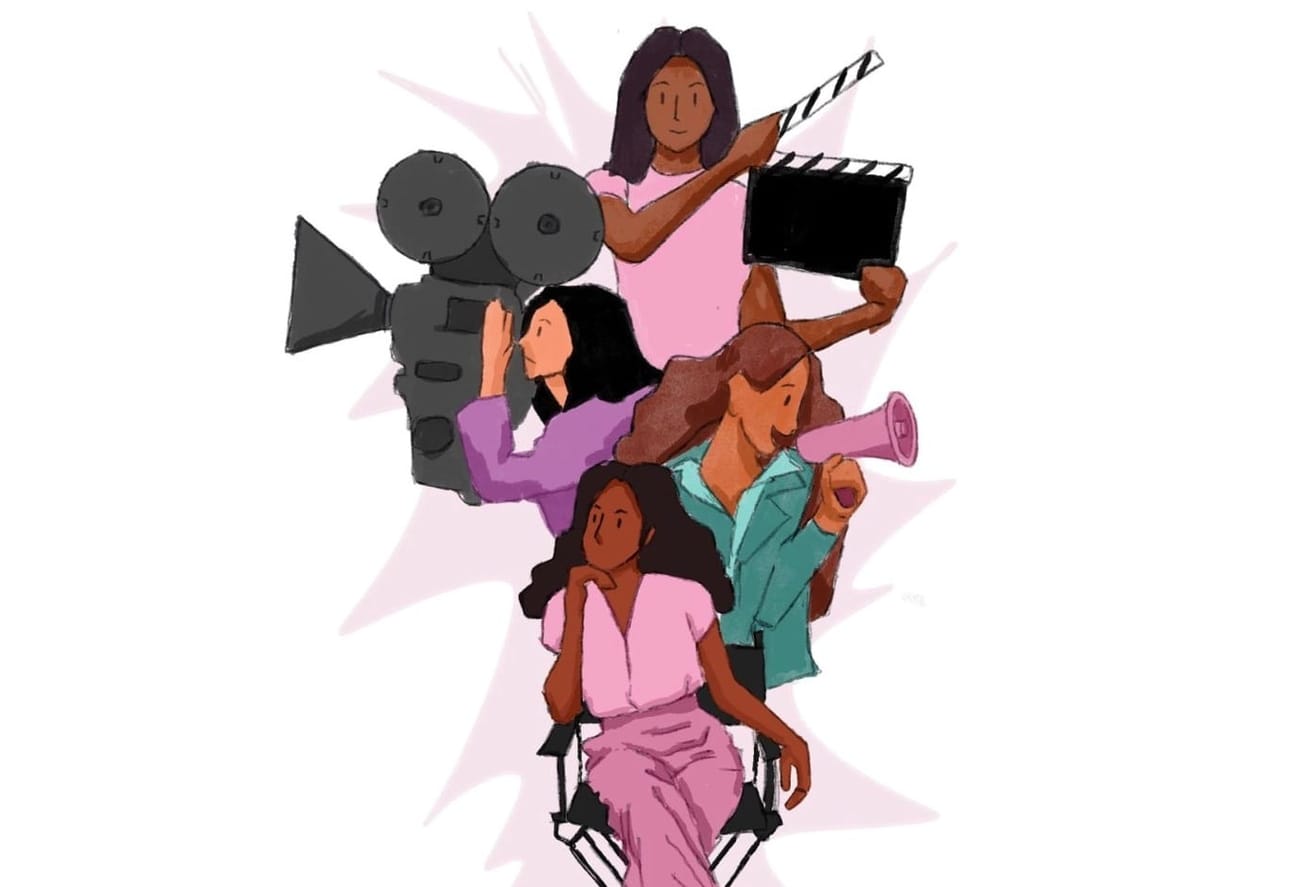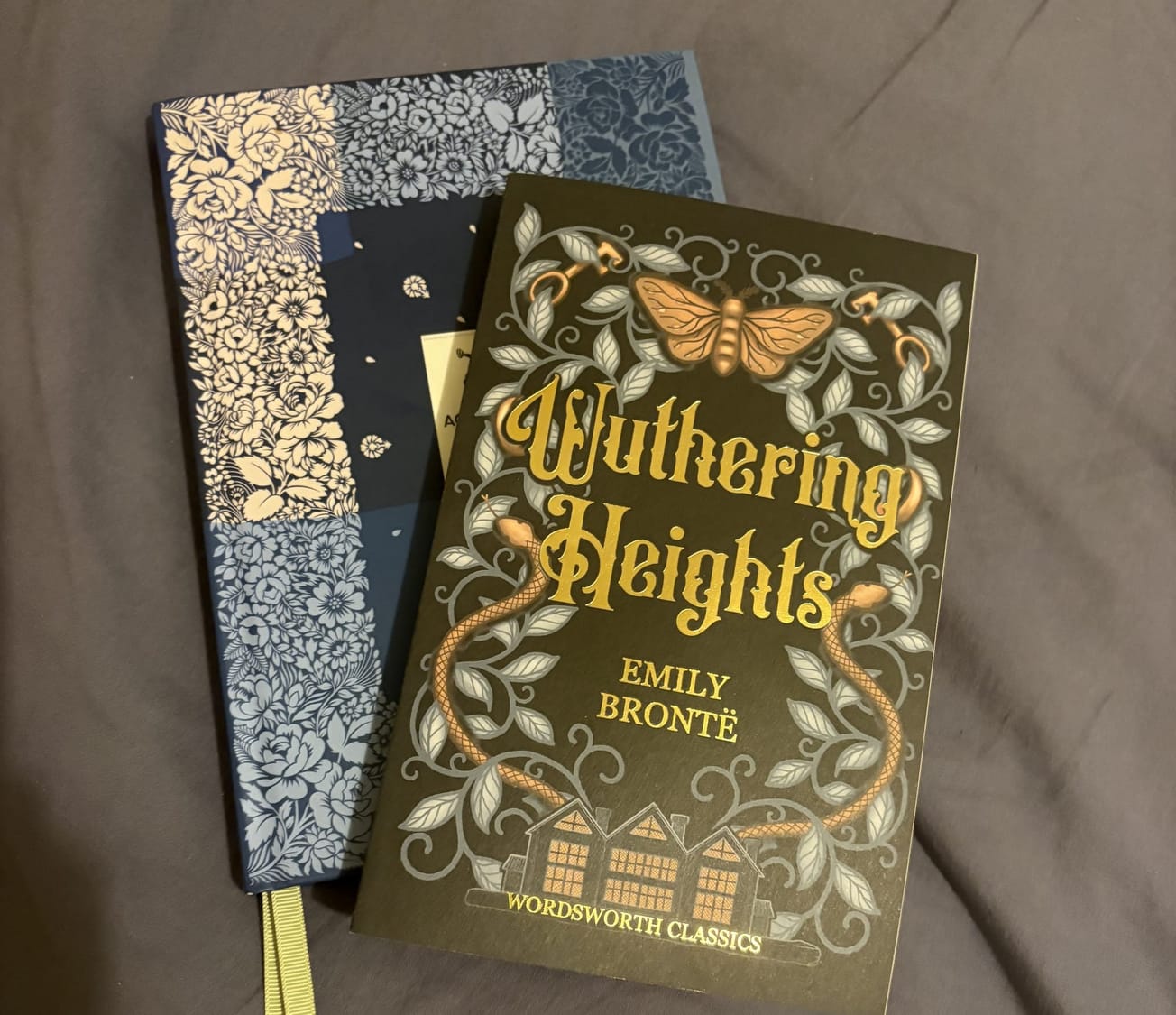By Arron Kennon, Second Year, English
Pakistani Saim Sadiq’s debut feature film Joyland (2022), courageously explores queer identities and taboo lifestyles. It takes an unflinching look at the destructive tendencies of societal pressures and the inner conflict produced by those who transgress.
The film revolves around the lives of an extended family residing in Lahore. The patriarch of the family, Rana Amanullah, also known as "Abba" (Salmaan Peerzada), is an elderly widower who is bound to a wheelchair.
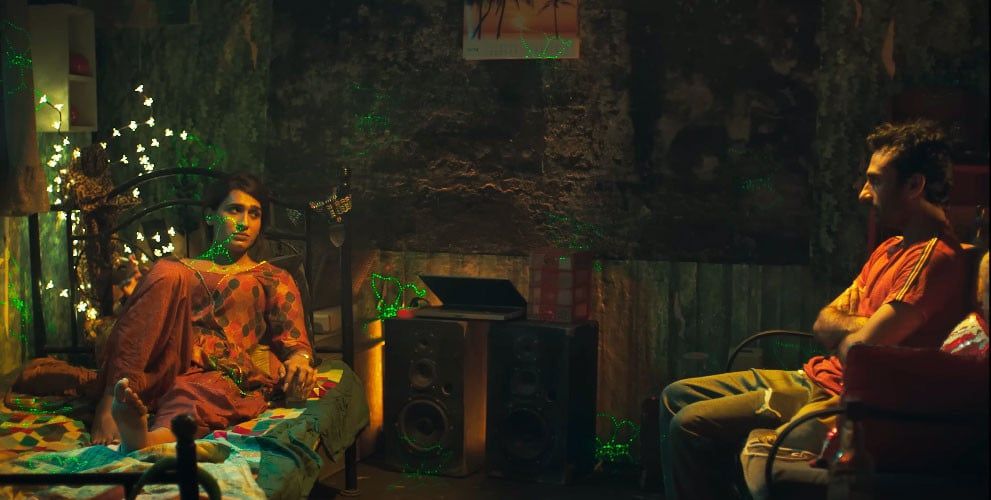
He oversees his large family, who live in a cramped apartment located near Joyland, an amusement park. One of his sons, Saleem (Sohail Sameer), is married to Nucchi (Sarwat Gilani), and they have four vivacious daughters, but they aspire to have a son to fulfil Abba's wish.
In contrast, Haider (Ali Junejo) is jobless and has no children, which disappoints Abba greatly. He eventually secures a job at an erotic dance theatre as a backup dancer for the show's transgender lead, Biba, portrayed by Alina Khan.
However, he misleads Abba by claiming to simply be a stage manager. The discovery of Alina Khan’s charismatic and emotive acting must surely be one of the film’s greatest triumphs.
Haider, despite being married, falls for the transgender performer, who teaches him how to express himself through dance.

The film largely follows Haider as he battles the guilt for wronging his wife, deceiving his father and exhibiting a sexuality that does not conform to his family’s values.
A stunning moment captures Haider riding his bike with a massive poster of Biba, creating a surreal and alluring image. Confused about his feelings, Biba grows frustrated with Haider's inability to understand himself and his desires.
Haider's recent successful employment causes his wife Mumtaz (Rasti Farooq) to abandon her beloved job and eventually become pregnant with a boy, instantly elevating her and the formerly disliked Haider as Abba's favourites. Although Haider relishes in this newfound attention, Mumtaz conceals her descent into despair and anxiety, unable to fulfil her own sexual needs.

Joyland (2022) presents a depiction of a society plagued by the dread of what others may think of them. Abba and an old widow living across the street refrain from alleviating their loneliness and spending time together due to the possible rumours it might generate.
These characters' limitations suffocate their lives, often leaving them devoid of happiness.
Joe Saade, a cinematographer from Lebanon, demonstrates a remarkable talent for creating evocative compositions and innovative lighting techniques. In one scene, the addition of inexpensive green disco ball lights arranged in a spiral around the walls infuses a sense of intimacy into a moment shared between Haider and Biba in her bedroom.
Similarly, a few scenes set during power outages, which are a common occurrence in this community, are expertly lit using only mobile phones.
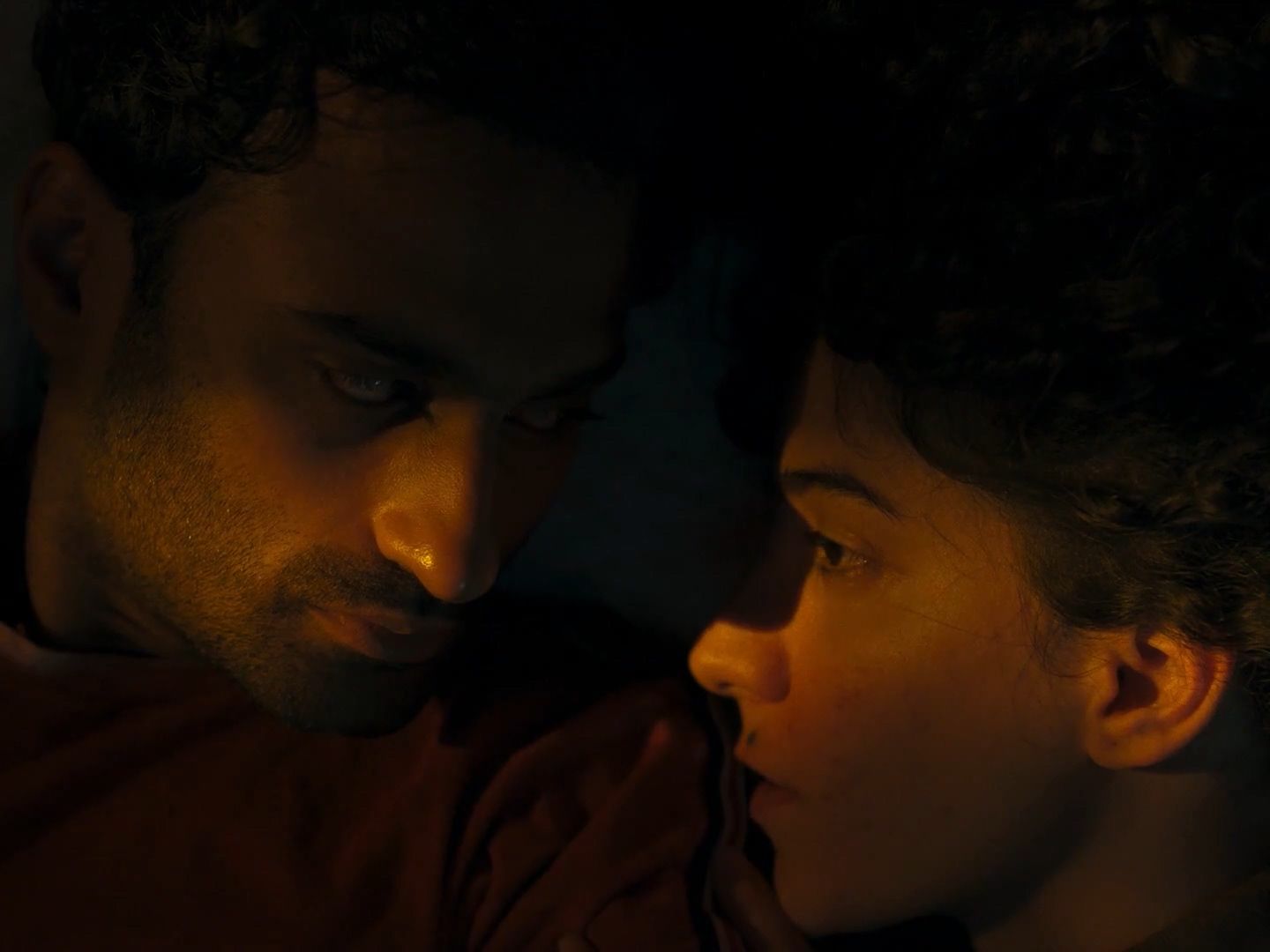
Sadly, the film has been met with censorship and derision from Pakistan’s political class, who condemn its depiction of what they see as immoral sexuality.
More positively, however, it earned Pakistan its first-ever film to premiere at the Cannes film festival and the first to make it to the Oscars’ international feature film shortlist.
This praise is nothing more than deserved by Saim Sadiq’s stunning feature film debut.
Featured Image: Courtesy of IMDB
Joyland (2022) is premiering at the Watershed until March 9th. Get your tickets today!


